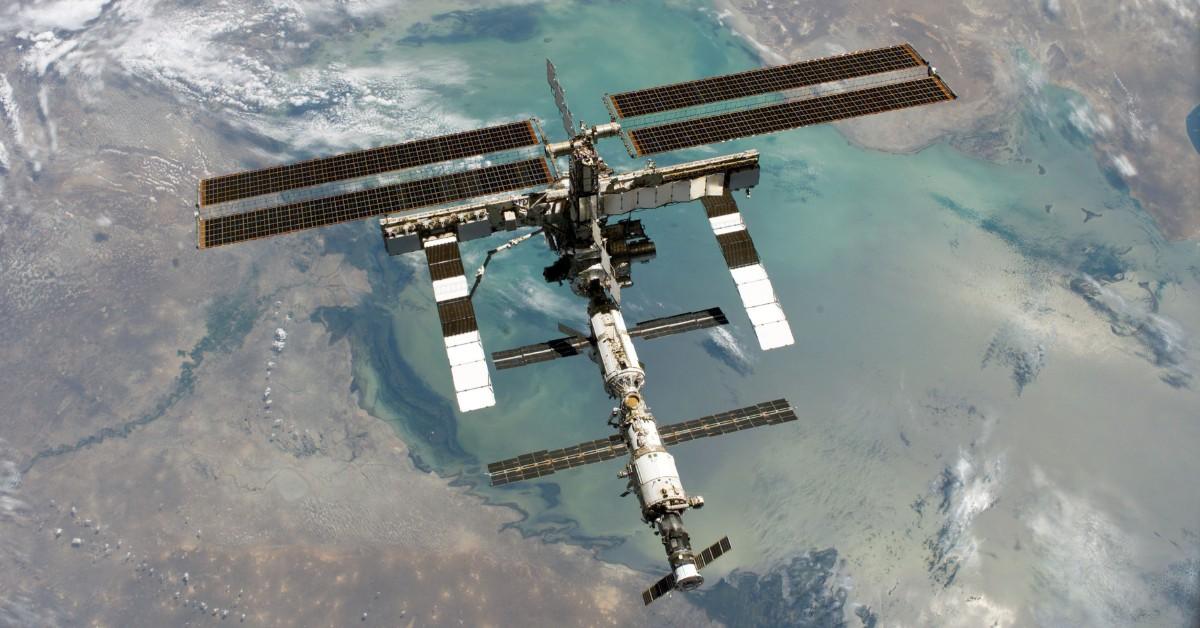Space Junk Damages Florida Home During International Space Station Reentry
A Florida man has contacted an attorney about the incident.
Published April 19 2024, 12:19 p.m. ET

A series of loud explosions heard by a 19-year-old Naples, Fla., teen turned out to be the sound of some NASA space junk that had been released by the International Space Station (ISS) as it made re-entry on March 8, 2024. The boy's father, Alejandro Otero, reported significant damage to his home, which included his roof, the second-story subfloor, and the ceiling below.
In a complete stroke of luck, Otero's Nest camera documented what happened, capturing the cacophony from the event on its speakers. While it sounds like a truly terrifying incident, at least nobody was hurt. Here's everything you need to know about the incident, including whether or not you can expect space junk to come crashing down where you live.

Space junk from the ISS hit a Florida home in April 2024.
NASA officials confirmed that the cylindrical slab that ripped through the Naples' property was from a 2021 cargo pallet release conducted by the ISS. The piece was believed to be part of a pallet containing nickel hydride batteries discarded after installing new lithium-ion batteries. According to NBC News, the battery pack was 1.6 pounds and measured approximately 4 inches by 1.6 inches.
It sounds like Otero's insurance company has already started working with the homeowner to make the necessary repairs. They may be entering uncharted territory since Wired reports that this is the first case of its kind. There are no records of space debris ever hitting homes in the past, let alone damaging one, which is pretty impressive when you think about how much space junk is released up there.
What is space junk?
The batteries were among 5,800 pounds of debris the ISS released in 2021 from 260 miles above the Pacific Ocean. While that sounds like a lot of trash to dump from space, it's actually incredibly common for space agencies and other entities to dispose of their space junk this way — in fact, it's so common that you can track it using an interactive map — since it typically all burns up in the earth's atmosphere before ever making landfall.
Not only does this process help lessen the literal load for these spacecraft, but it also prevents this type of debris from being disposed of on Earth, where the materials may be too toxic to deal with using traditional means like landfills.
NASA told NBC News that they would investigate this incident to see what went wrong and figure out exactly how the batteries made it through Earth's atmosphere.
I can't imagine any of that matters to Otero, who is probably just thankful that his son wasn't in the room when the object came hurtling down at an estimated 200 miles per hour. That said, I'm sure he and his son will look at the stars in a new light after this experience, and I can't imagine they're the only ones now that we all know just how much space junk is floating around up there.
At least we can all take comfort in knowing that while terrifying, this is still a pretty rare occurrence!